BHEF Members Mark Milestones as HEWI Continues to Increase and Diversify the U.S. STEM-Skilled Talent Pipeline
2015 Brings New HEWI Partnerships in Applied Learning, Cybersecurity, and Data Science
Washington, D.C. (March 11) — Led by Chair Roger Ferguson, president and CEO, TIAA-CREF, members of the Business-Higher Education Forum (BHEF) welcomed representatives from leading data analytics firms, senior government officials, and national industry associations to their winter meeting to discuss and act upon findings gleaned from the organization’s latest work. BHEF’s National Higher Education and Workforce Initiative, or HEWI, welcomed new partnerships which will facilitate strategic business engagement in higher education. These collaborations will strengthen the undergraduate student experience and produce graduates prepared to excel in high-demand, high-skill jobs.
“BHEF is committed to facilitating innovative partnerships to meet the changing dynamics of the U.S. workforce,” stated Ferguson. “Our members understand that in order to rise to this challenge we need to be personally invested in conducting research, identifying evidenced-based practices, and collaborating with higher education institutions. By operating at both the supply and demand side of the workforce, BHEF’s business and academic members are ideally positioned to implement solutions that will create a diverse and skilled American workforce.”
Day one opened with Business-Higher Education Partnerships: Talent Solutions that Support Regional Economic Development. The session showed how HEWI continues to galvanize national corporate and academic leaders to create new undergraduate pathways that benefit unique regional economies.
Ferguson and Nancy Zimpher, chancellor of the State University of New York (SUNY), unveiled a partnership that will provide well-structured internships and other applied learning opportunities to 100,000 students in the 64 SUNY campus system. The foundation of this work comes from BHEF’s 2013 findings, where as part of a grant from the Hewlett Foundation, BHEF validated the model of a well-structured internship. The BHEF-SUNY partnership will expose students to the 21st century skills business demands and encourage them to pursue careers that contribute to New York’s economic growth and prosperity.
Following, Wes Bush, chairman, president, and CEO of Northrop Grumman Corporation and past BHEF chair, moderated a panel on BHEF member The Ohio State University (OSU) and their work with the Collaboratory in Columbus, Ohio. Joined by Mike Keller, executive vice president and CIO, Nationwide, and Anil Makhija, dean and John W. Berry, Sr. chair in business, Fisher College of Business, OSU, the partnership focuses on additional opportunities to support regional economic development in the areas of cognitive computing, cybersecurity best practices, and workforce strategy.
Ferguson also moderated a panel on the recently-launched Undergraduate STEM Interventions with Industry Consortium (USI2), created by a grant to BHEF from the National Science Foundation. Over the next five years, BHEF member-led sites will work with businesses to apply combinations of evidence-based interventions designed to increase STEM undergraduate student completion. Community college students have the capability to increase and diversify the nation’s STEM-skilled talent pool. Community colleges are a principal gateway into four-year baccalaureate programs. By creating pathways for a large segment of this population to attain success, USI2 could significantly increase diversity within undergraduate STEM baccalaureate achievement.
On Tuesday, members examined potential solutions geared to improve education and workforce outcomes, and ensure the U.S. remains both prosperous and competitive. The morning began with Growing a Higher Education Marketplace, which highlighted Business Leaders for Michigan (BLM), a private, nonprofit executive leadership organization, whose leaders include the chairs, CEOs, or most senior executives of the state’s largest companies and universities. BLM members work to restore Michigan’s economic health and make it once again a top-ten state for jobs and personal income. Along with BHEF members Hunter Rawlings, president AAU, and Peter McPherson, president, APLU, Mike Jandernoa, former chairman and CEO, Perrigo, and principal, 42 North Partners, and Tim Sowton, vice president, BLM, discussed the Michigan Turnaround Plan, which provides BLM’s strategic framework.
BHEF member Ryan Oakes, managing director, Accenture, led BHEF’s learning session, The Power of Data Analytics in Education and Workforce, and was joined by Armistead Sapp, executive vice president and CTO, SAS; Norman Bier, executive director, the Simon Initiative, Carnegie Mellon University; and David Stevens, executive director, Jacob France Institute, University of Baltimore. The panel highlighted how analytics examines and improves higher education and career readiness through real-time assessment tools and other methods. SAS demonstrated a dashboard tool designed to promote academic success, measure learning outcomes, and improve student achievement.
“I am delighted that BHEF meetings continue to be the convening of choice for business and higher education leaders to announce groundbreaking partnerships and products that lead to innovations in undergraduate education and the workforce,” stated Brian Fitzgerald, CEO of BHEF. “This reflects our members’ dedication to an American economy driven by high-skill, high-demand jobs and the BHEF member-led undergraduate programs which produce the diverse employee population that will fill them.”
About the Business-Higher Education Forum
Now in its 38th year, BHEF is the nation's oldest membership organization of Fortune 500 CEOs, prominent college and university presidents, and other leaders dedicated to advancing innovative education and workforce solutions and improving U.S. competitiveness. BHEF's business and academic members collaborate in regions across the country to design and deploy education-workforce solutions in the high-demand and emerging fields that are so critical to innovation and national security. BHEF and its members drive change locally, work to influence public policy at the national and state levels, and inspire other leaders to act.
